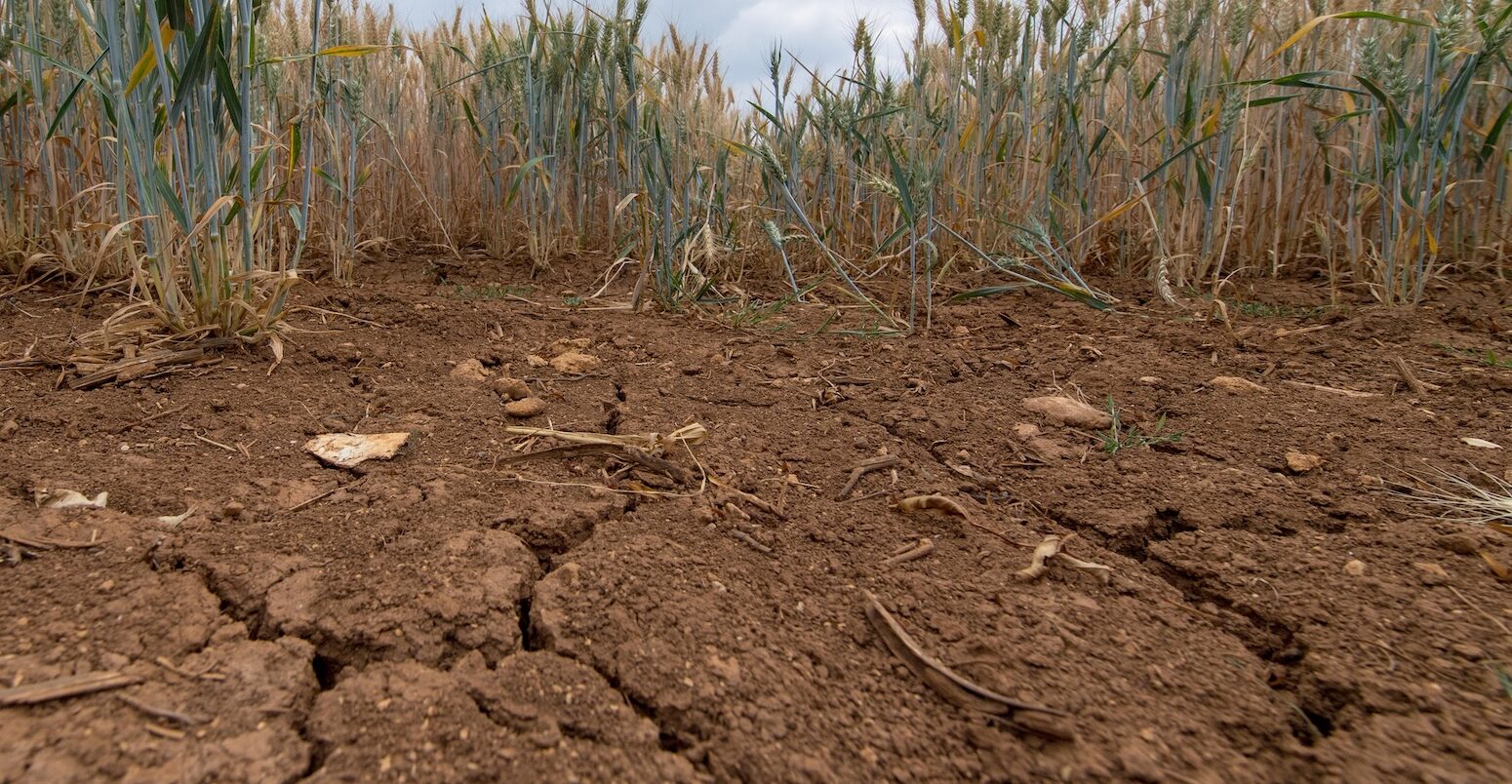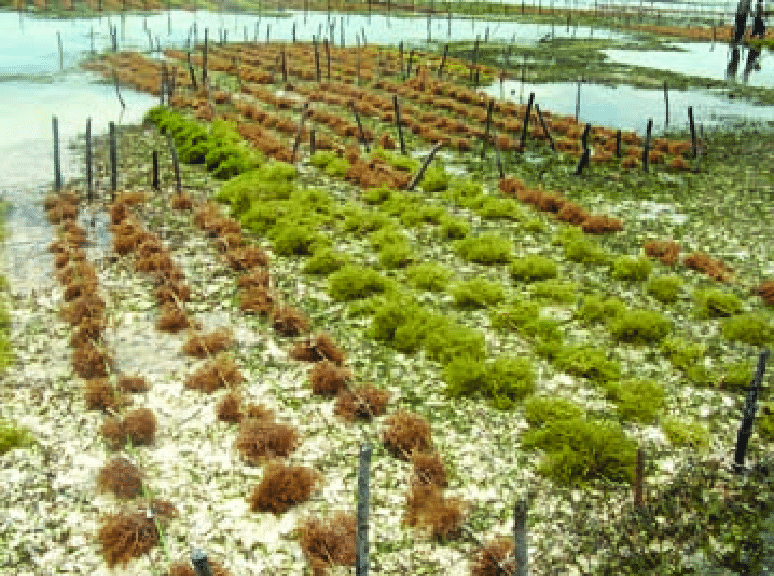The pollination service business plays a crucial role in supporting agricultural productivity and maintaining ecological balance. This specialized industry revolves around the provision of pollination services, where professional pollinators, often in the form of honeybees, are deployed to agricultural fields and orchards to facilitate the transfer of pollen from male to female flower parts, leading to successful fruit and seed production.
The importance of pollinators, such as bees, in the agricultural sector cannot be overstated. They are responsible for pollinating a significant portion of the world’s crops, including fruits, vegetables, nuts, and oilseeds. The pollination process directly contributes to crop yields, quality, and diversity. Without effective pollination, many crops would struggle to produce fruits or seeds, leading to reduced harvests and economic losses for farmers.
The pollination service business functions by providing farmers and growers with access to honeybee colonies for their fields or orchards during the bloom period of their crops. These colonies, managed by professional beekeepers, are strategically placed in proximity to the crops to ensure optimal pollination. The bees then visit the flowers, collecting nectar and pollen, and inadvertently transferring pollen grains between flowers, facilitating fertilization and fruit development.
The services provided by pollination businesses are not limited to simply bringing bees to agricultural sites. They encompass various aspects, including hive management, colony health monitoring, transportation of bees, and ensuring proper hive placement within the fields or orchards. Experienced beekeepers and their teams possess the knowledge and expertise to handle the logistics and technicalities associated with managing large numbers of honeybee colonies for effective pollination.
The demand for pollination services has been steadily increasing due to several factors. Firstly, there is a growing recognition among farmers of the value that pollinators bring to their crops and the potential yield improvements they can achieve through professional pollination. Secondly, as agricultural practices become more intensive, with larger fields and monocultures, the natural pollinator populations may not be sufficient to meet the pollination requirements. Therefore, farmers seek the assistance of pollination services to ensure optimal crop productivity.
The pollination service business can be a profitable venture for beekeepers and entrepreneurs. They can generate revenue by charging fees for their pollination services based on factors such as the number of hives required, the crop type and size, and the duration of the pollination contract. Additionally, beekeepers can benefit from the increased honey production resulting from the enhanced foraging opportunities provided to their colonies during the pollination season.
However, the pollination service business also faces challenges. One significant challenge is ensuring the health and well-being of honeybee colonies, as they can be susceptible to various diseases, pests, and exposure to pesticides. Maintaining strong and healthy colonies is essential for effective pollination and the sustainability of the business. Additionally, careful coordination and communication with farmers, proper hive management techniques, and adherence to best practices are necessary for successful pollination outcomes.
The pollination service business is a specialized sector that plays a vital role in supporting agricultural production. By providing professional pollination services, beekeepers and their teams contribute to increased crop yields, improved quality, and enhanced food security. This business sector offers opportunities for beekeepers and entrepreneurs to generate income while supporting sustainable agriculture. As the importance of pollinators continues to be recognized, the demand for pollination services is likely to grow, making this business an essential component of the agricultural ecosystem.




